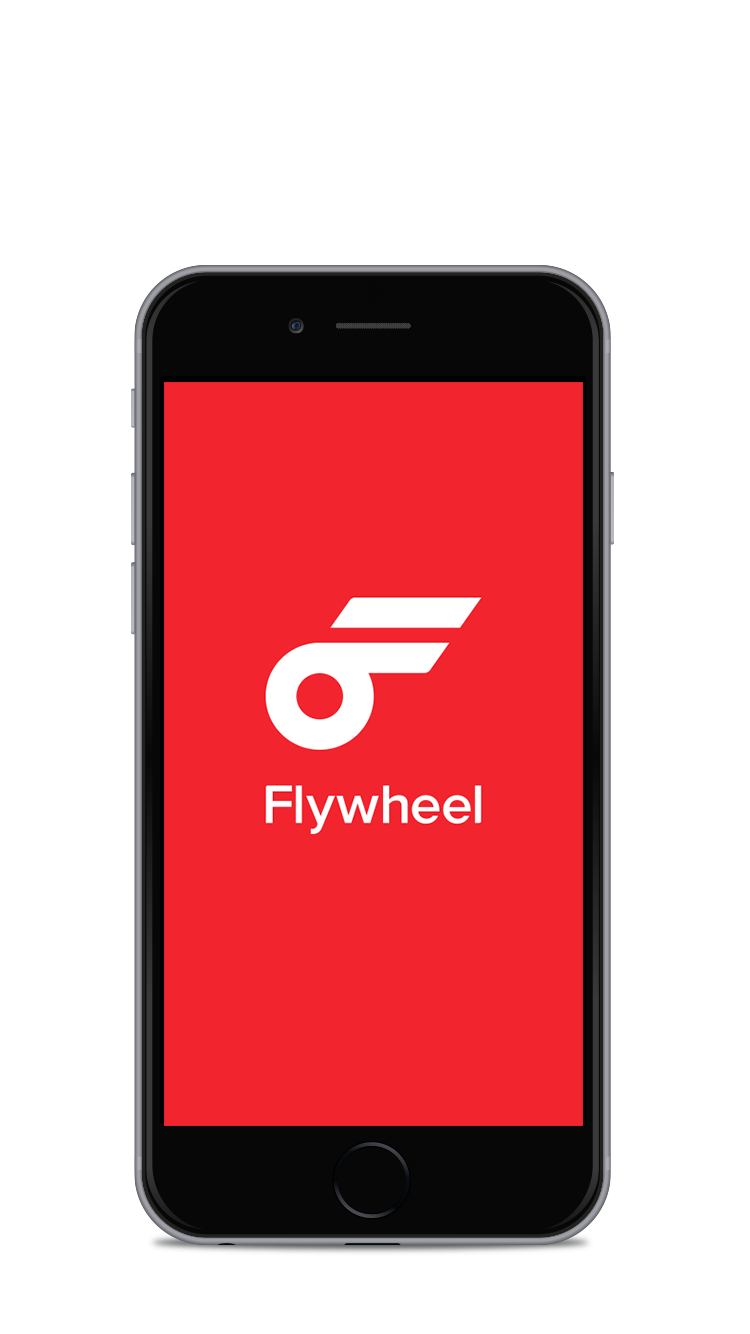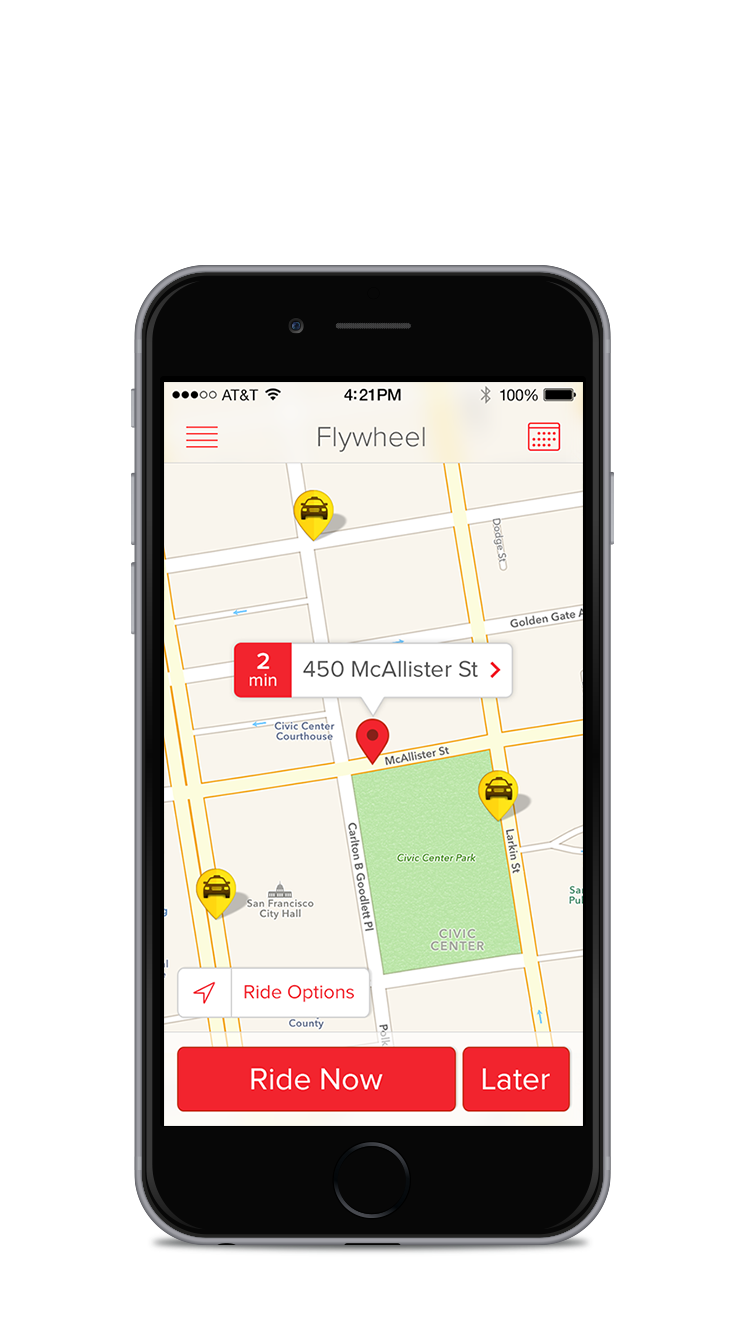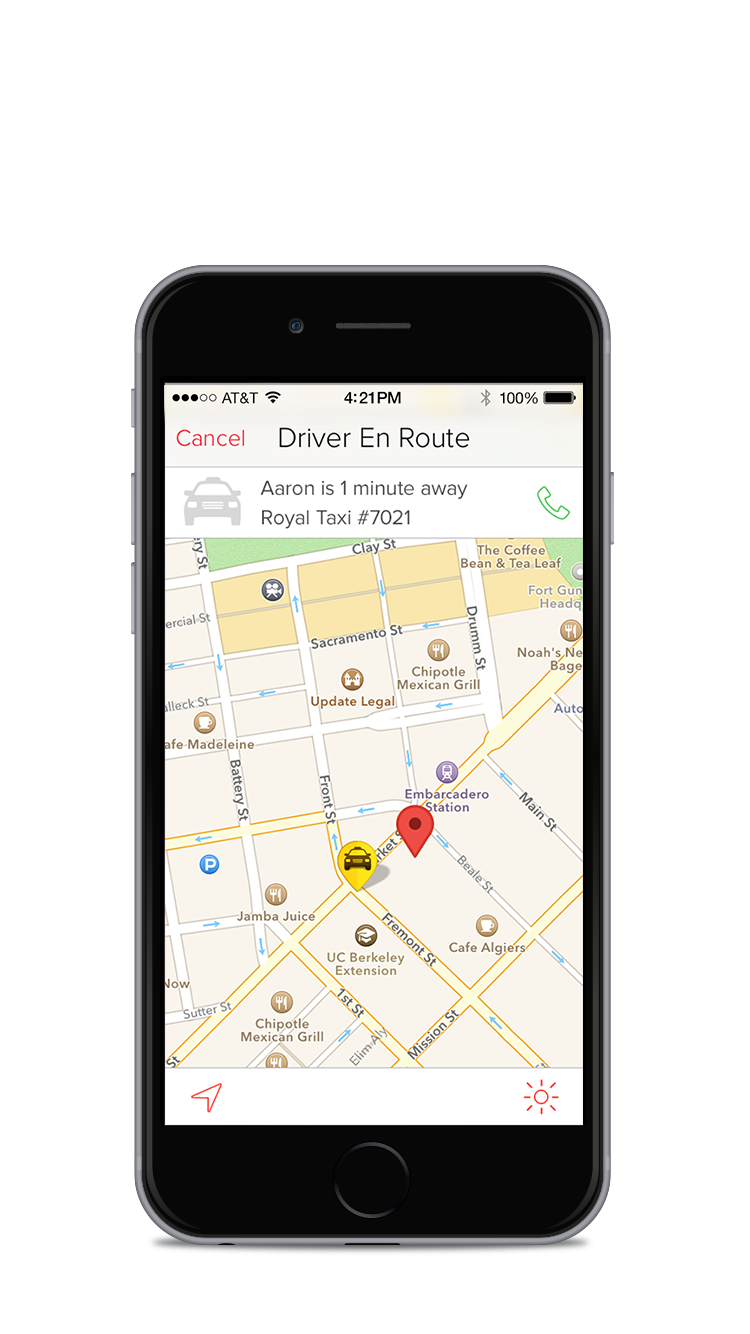 BY JACOB PALMER | DIGITAL NEWS EDITOR
BY JACOB PALMER | DIGITAL NEWS EDITOR
Portland is awash in rideshare options. We ask the head of Flywheel what sets his app apart.
BY JACOB PALMER | DIGITAL NEWS EDITOR



A cab-hailing app called Flywheel launches today. In a press release, the company described itself as the “non-a**hole alternative to Uber.”
We asked the Flywheel CEO Rakesh Mathur what sets his app apart.
1. How will Flywheel compensate for the fact that there aren’t enough cabs to meet demand in Portland?
 There has never been a consumer-focused app that’s brought powerful technology to the taxi industry to bring cabs to people in an efficient way. With Flywheel, we’re bringing great mobile technology to the taxi industry to help it battle and compete with ridesharing apps on the market. We definitely see the potential for our technology to transform the transportation industry in Portland overall, to the point where taxi fleets will be more and more successful and may even see an increase in taxi driver sign-ups to increase the supply of cabs in the city overall.
There has never been a consumer-focused app that’s brought powerful technology to the taxi industry to bring cabs to people in an efficient way. With Flywheel, we’re bringing great mobile technology to the taxi industry to help it battle and compete with ridesharing apps on the market. We definitely see the potential for our technology to transform the transportation industry in Portland overall, to the point where taxi fleets will be more and more successful and may even see an increase in taxi driver sign-ups to increase the supply of cabs in the city overall.
2. Another taxi app, Curb, is already live in Portland. Why do we need two taxi apps?
Flywheel is distinct in that, unlike other taxi hailing apps, we think of the consumer first and foremost, and how we can make the process as simple as possible for them. Our user experience speaks for itself, and there’s a reason we have seen such explosive growth in San Francisco – Uber’s backyard – with 85 percent adoption across taxis in that city.
3. What makes you less a**holey than Uber?
At Flywheel, we are obsessively focused on the consumer – we prioritize safety and fair prices, and connect people with drivers who are fully legal, licensed, vetted and know the streets like the back of their hand. We believe this commitment to the best transportation experience possible for the consumer shows in our overall company culture.
4. What challenges do you foresee in the Portland market? Especially since you are launching at the same time as your competitors?
Whenever you enter into a new market, there are going to be challenges. However, we think that entering the market at the same time as competitors will allow our advantages to really shine through. We can’t wait to give Portlanders the best of both worlds of transportation, which no other “unlicensed taxi” competitor can: easy, quick, app-based hailing from totally legal, trained drivers who never charge surge pricing and know the streets of the city they operate in like the back of their hand, so you get from point A to point B as quickly and safely as possible.
5. There are lingering anti-Uber sentiments in Portland, as well as concerns about the ineffectiveness of cab companies. How do you plan to handle these challenges and the opportunities?
We’re aware of the anti-Uber momentum, but we definitely don’t plan to “count on” it to help us enter Portland – we’re always obsessively focused on building a product that improves how people get from point A to point B. That said, we also know that this great mobile technology will transform the taxi ecosystem in Portland, and are hugely optimistic about its ability to change the perception of cabs in the city.


